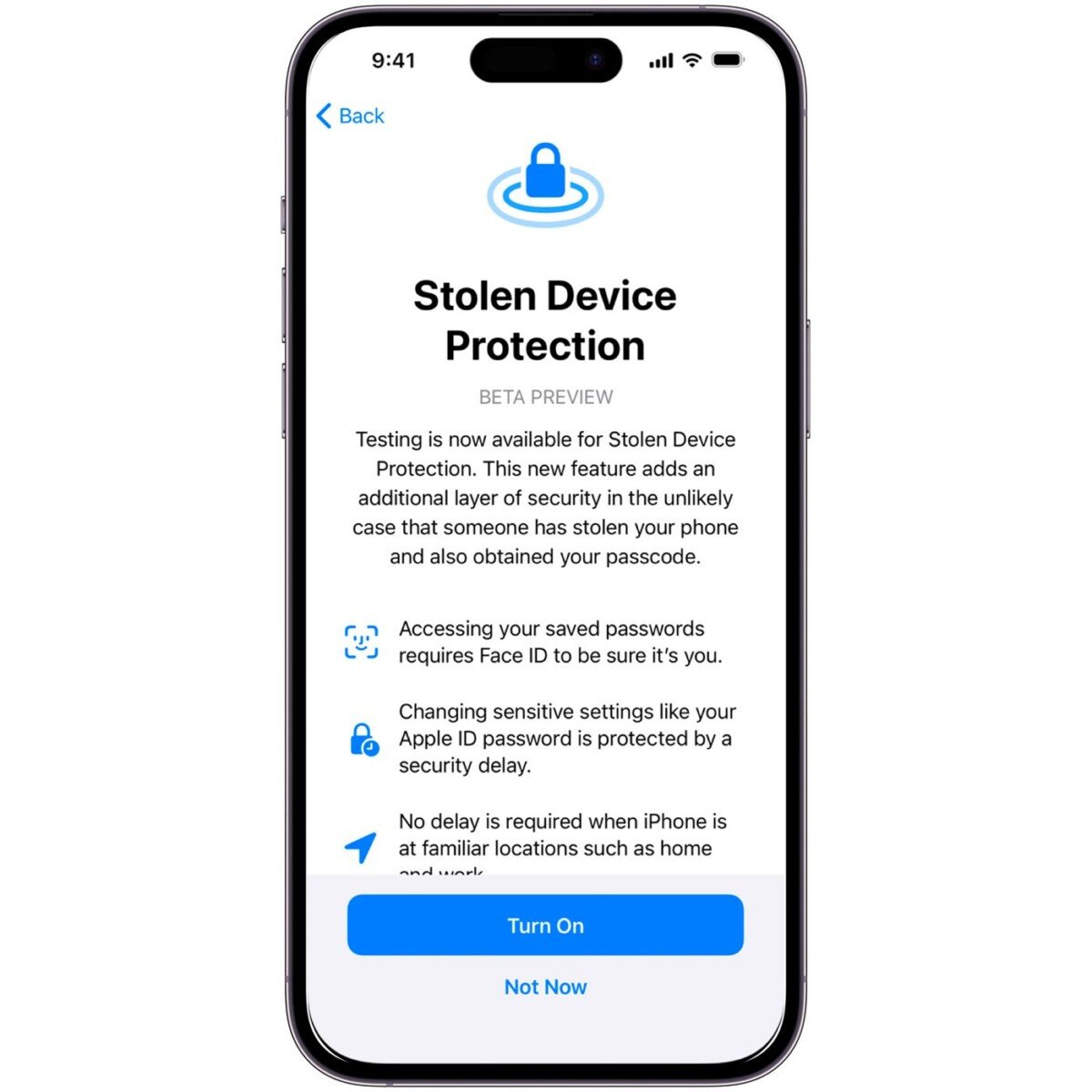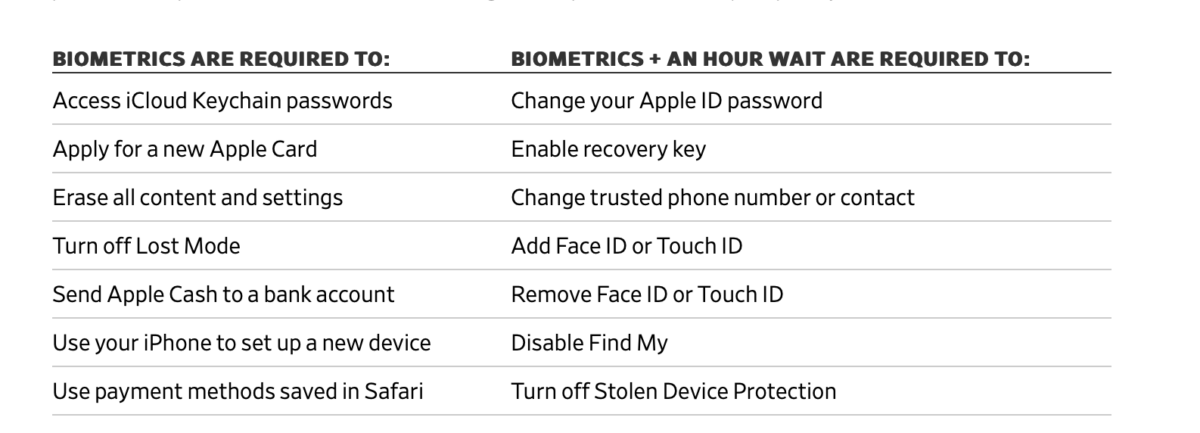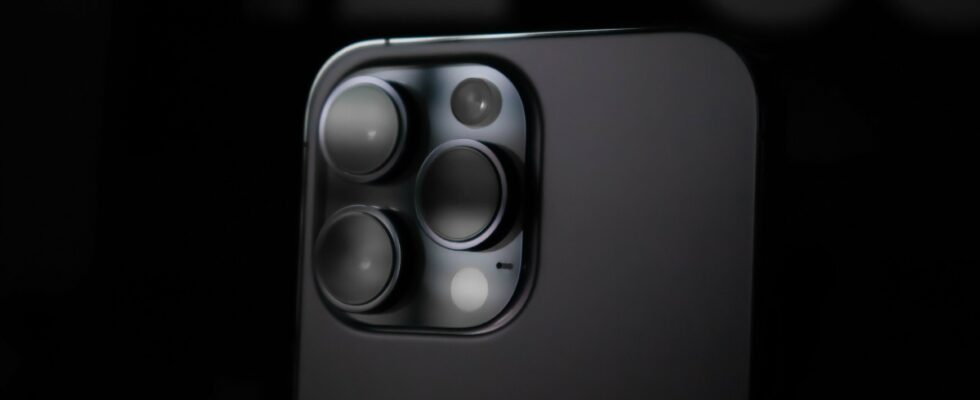Having your iPhone stolen can be a frustrating and stressful experience. Apple wants to deter thieves with this new function.
Imagine, you are strolling quietly on the Grands Boulevards in Paris, and suddenly, your iPhone disappears. This is what happened to me with my iPhone X.
The Find My app can help, even if the phone is turned off, but it’s not always enough. Thieves are smart, they know the tricks to unlock an iPhone by fraudulently recovering the Apple account password. For three months, I received suspicious text messages, calls too, with scam, but I held on, and my iPhone X, although traveling around Europe, remained stuck. But, a lot of people get fooled.
The Wall Street Journal revealed that Apple is finally tackling this problem. They have developed a new feature to strengthen the security of iPhones and make life difficult for thieves.
Apple’s new weapon: Device theft protection
This novelty is the Stolen Device Protection. Scheduled for iOS 17.3, it will be tested by beta testers from Tuesday. Apple tells us: “ Activate it, and you will be safer “. Basically, if you’re not at home or at work, your iPhone is blocked.
Once activated, This feature restricts access to certain iPhone settings when you are away from a familiar location, such as your home or workplace. This makes it more difficult for thieves to access certain features or sensitive information.

If a thief tries to change your Apple ID password, and you are far from a familiar location, your iPhone will require biometric identification (Face ID or Touch ID) and will impose a one-hour delay before being able to perform this action. After this period, a new biometric confirmation is necessary.

To access passwords stored in iCloud Keychain, biometric identification will be required. The access code will no longer be sufficient if the biometrics fail.
Other settings, such as activating a recovery key, changing a trusted or contact phone number, adding or removing Face ID or Touch ID, will also require biometric double authentication with a one hour delay.
However, this protection has its limits. A thief in possession of the iPhone and its passcode can still unlock the device. Applications not secured by an additional password or PIN, as well as accounts that can be reset by SMS or email, remain vulnerable. Additionally, Apple Pay can be used with a passcode if Face ID or Touch ID fails.
As you will have understood, the Device theft protection adds an extra layer of security in the event of theft, by limiting access to certain iPhone features and sensitive information, but does not protect against all forms of threats.
Some tips to boost your security
So, what more can we do? First, set a very complicated passcode and add PIN codes to sensitive apps. If your iPhone ever fails, go for icloud.com/find to erase your data remotely. And when Apple launches this new feature, activate it without hesitation. It’s always a good idea to annoy thieves and keep your information safe.
Want to join a community of enthusiasts? Our Discord welcomes you, it is a place of mutual help and passion around tech.
